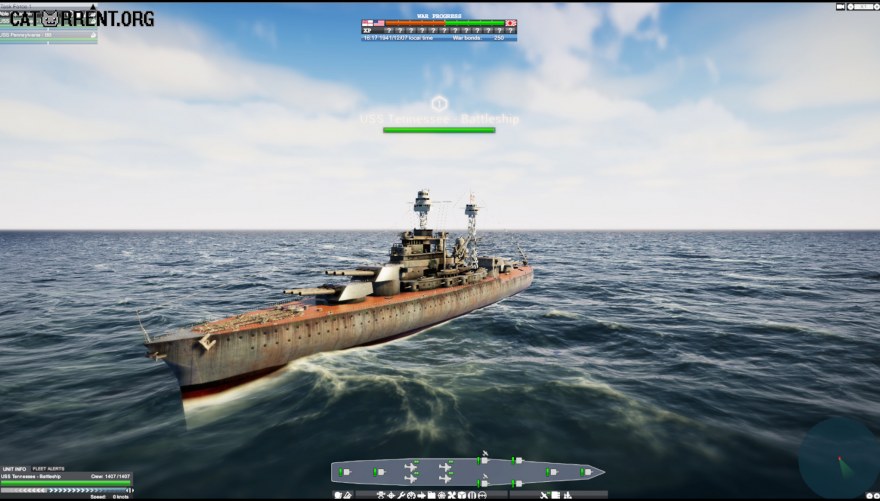
You have your usual options such as whether to attack or use a skill, and you’ll need to read the battlefield to determine what’s your best option. You’ll have control of up to three party members in any given combat situation, and you’ll need to make effective use of their skills to emerge victorious. And as you’d expect, battles taking place in the actual environment you’re in adds another dimension to the action. There’s no screen warping before being whisked away to an expansive barren battlefield. Engage with an enemy and you’ll find that battles take place right there, where you stand. While you’ll access locations via a world map, when exploring areas such as dungeons you’ll see your enemies roaming around – there are no random battles. Throw in advanced traversal – you’ll be able to hoist yourself up on to ledges, climb, swim, and more – and you have a game that fills you with a sense of nostalgia while feeling much more modern. And on top of that it has full-on dynamic lighting, adding more depth to the image. Like turn-based RPG classics of yesteryear, it has an isometric viewpoint and wonderful pixel-art visuals, though more detailed than you’ve ever seen before. Just to look at Sea of Stars is to fall in love with it. Some of the people they meet will even decide to accompany them on their journey. Picked up by pirates in the early stages of the game, the pair will become accustomed to sailing the seas, and also meeting new faces on their travels. And it just so happens that it’s going to be needed to stop the nefarious plans of an evil alchemist known as The Fleshmancer. It turns out that they’re Children of the Solstice, able to combine their powers in order to perform powerful Eclipse Magic. But of course, they’re not ordinary children. Sea of Stars tell the story of two children. And, channelling the spirit of titles such as Breath of Fire and Chrono Trigger, it’s set to provide a healthy dose of nostalgia, albeit with some modern touches. Sea of Stars may be a prequel to The Messenger, but you seemingly don’t need any knowledge of Sabotage’s first game to enjoy it. After creating a tough-as-nails metroidvania with a touch of its own magic, it’s not tackling the old-fashioned turn-based RPG template.

Luckily for us, that’s seemingly not the way Sabotage does things.

After the success of 2018’s The Messenger, you might have expected its developer, Sabotage, to follow up with something similar.


 0 kommentar(er)
0 kommentar(er)
